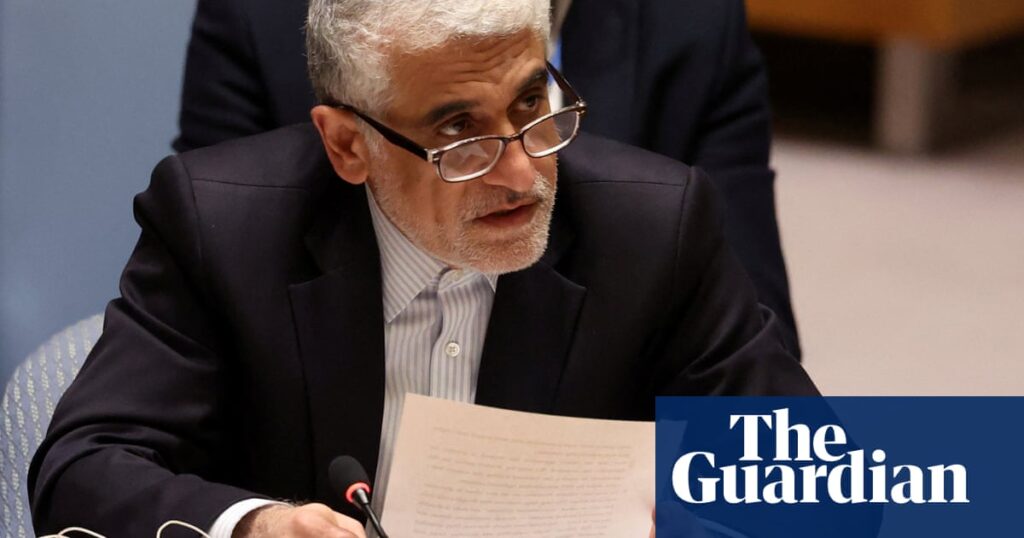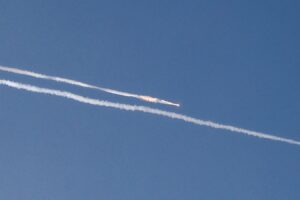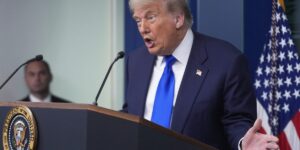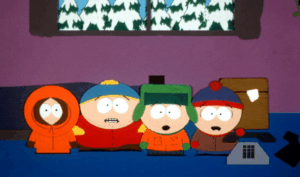
Amir-Saeid Iravani, Iran’s ambassador to the United Nations, emphatically stated on Sunday that Iran’s nuclear enrichment program “will never stop.” This assertion, made during an interview with CBS News, underscores Iran’s commitment to its nuclear activities, which it claims are for “peaceful energy” purposes under the Treaty on the Non-Proliferation of Nuclear Weapons.
Iravani emphasized, “The enrichment is our right, an inalienable right, and we want to implement this right.” While expressing openness to negotiations, he dismissed the idea of “unconditional surrender,” describing it as policy imposition rather than genuine dialogue. His comments come amid heightened international scrutiny and pressure for Iran to resume nuclear talks.
Background and Current Context
The ambassador’s remarks follow recent military actions and diplomatic tensions. Just a week prior, the United States conducted strikes on Iranian facilities, claiming to have significantly set back Iran’s nuclear capabilities. However, there is ongoing debate about the actual impact of these strikes.
Rafael Grossi, Director General of the International Atomic Energy Agency (IAEA), acknowledged the damage but noted, “The capacities they have are there. They can have, you know, in a matter of months, I would say, a few cascades of centrifuges spinning and producing enriched uranium, or less than that.” This suggests that Iran’s nuclear program, despite setbacks, retains considerable potential.
International Reactions and Diplomatic Challenges
Western nations, including the United States, continue to push for renewed negotiations. However, Iravani pointed out that the current climate is not conducive to talks, particularly in light of recent aggressions. He also addressed concerns about the safety of IAEA inspectors in Iran, denying any threats from Tehran.
Pressed on whether he would condemn calls for the arrest and execution of the IAEA head, Iravani confirmed he would, stating, “There is no any threat.” Despite this, he acknowledged that Iran’s parliament had suspended cooperation with the IAEA, limiting inspectors’ access to nuclear sites.
Iran’s Nuclear Strategy and Future Prospects
In a potential diplomatic move, Iravani mentioned that Iran could transfer its enriched uranium stocks to another country if an agreement with the United States is reached. This includes uranium enriched to 20% and 60%, which could also remain in Iran under IAEA supervision.
However, he reiterated that Iran would not forego its right to domestic uranium production, a stance firmly opposed by the United States. This ongoing impasse highlights the complexities of reaching a diplomatic resolution.
Regional Implications and Security Concerns
Amid these developments, regional tensions remain high. Abdolrahim Mousavi, Iran’s armed forces chief of staff, expressed skepticism about Israel’s commitment to a ceasefire following a recent conflict. “We are prepared to give it a tough response in case of recurrence of an act of aggression,” he warned.
The situation underscores the fragile nature of peace in the region, with Iran accusing Israel and the US of disregarding international norms. As the international community watches closely, the potential for further conflict looms large.
The unfolding narrative around Iran’s nuclear ambitions and international diplomacy continues to evolve, with significant implications for regional stability and global security. As negotiations remain stalled, the world awaits the next chapter in this high-stakes geopolitical saga.







